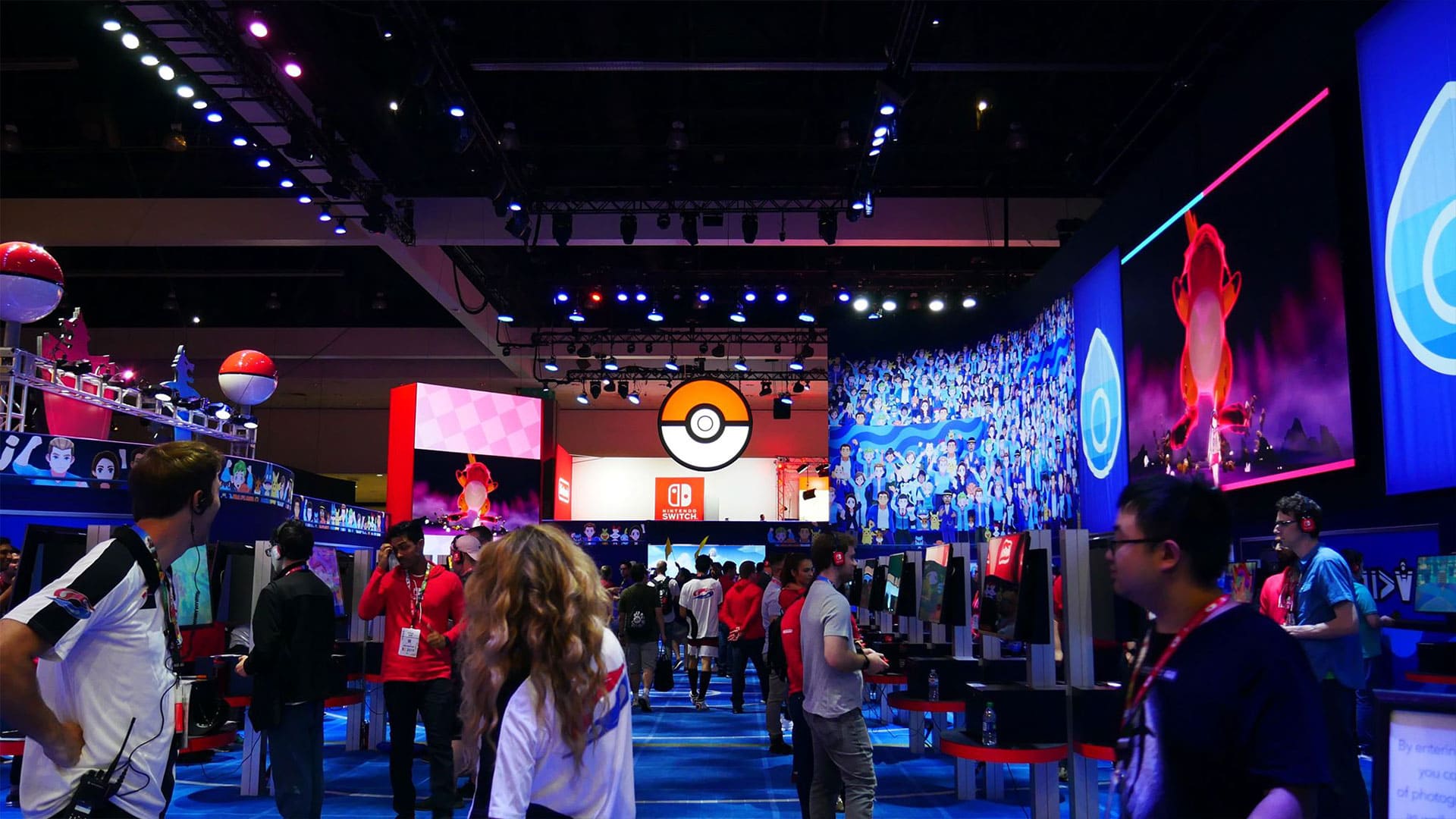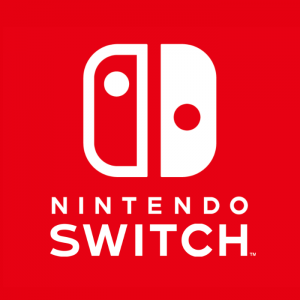This week made it clearer than it ever has been before that E3 is not (and maybe never will be again) the event that it once was.
This week, video game presenter and personality Geoff Keighley announced that he will not be participating in E3 for the first time in 25 years. For those keeping scores, that means that Geoff Keighley has previously attended every E3 prior to this upcoming 2020 show.
When asked to elaborate on his decision, Keighley noted that he felt that E3 needed to “become more digital and global.” Generally speaking, it sounded like he wasn’t impressed with what E3 is becoming.
What is E3 becoming? Well, a release from the event’s organizers reveals that they want E3 to emphasize “special guest gamers, celebrities, and digital programming on the show floor.” They call for more interactive experiences and chances for fans to meet and hear from industry experts.
On the surface, these changes do not necessarily conflict with Keighley’s vision for the event, but there’s more to it than that. For instance, Sony decided to skip last year’s E3 and will do the same for this year’s show. Nintendo’s presence at the event has been minimal for years now. EA primarily relies on their own showcase outside of the official show, the Xbox team are increasingly utilizing their own digital presentations, and even the Game Awards show that Keighley hosts has become an increasingly popular venue for game announcements.
The long and short of it is that it sounds like E3 is gradually “evolving” into a video game fan convention at a time when digital media can no longer justify its former status as the destination for major reveals and announcements.
Let’s be clear about one thing right now: we’re not saying that a fan convention is inherently an awful thing. Actually, fan conventions have really only grown in popularity in recent years with shows like PAX and Comicon birthing a culture of their own. On top of that, the recently opened Star Wars: Galaxy’s Edge showcases a real desire for such grand interactive experiences. Even Nintendo is opening its own theme park which may offer similar attractions.
It’s just that E3 never used to be a fan convention. For years, it wasn’t even open to the public. Instead, it was the one time a year when gamers had an event that not only acknowledged the thrills of the gaming industry but celebrated them. In the pre-internet days, it was one of the only real sources for information. In the early internet era, the rising popularity of video game trailers inspired gamers to stay up all night downloading them over weak connections. Even in recent years, E3 was the one place you could expect every studio to bring their big guns.
That’s just no longer the case, and it’s probably a good thing. As someone who has covered E3 for years across various platforms, I can tell you that the culture of reporting on E3 is no longer sustainable for most publications, but it’s becoming increasingly harmful to an industry that is still locked into the mentality that most of their big reveals have to come once a year. As a result, developers and websites end up stumbling over each other for their share of a rapidly shrinking spotlight.
Ideas like Nintendo’s Direct live streams and shows like The Game Awards prove that there are more ways than ever for studios to effectively showcase their works throughout the year. It’s the seemingly inevitable way of the future, and we’re shocked that it took so long for the transition to take place.
What of E3, though? There’s a degree to which you have to respect the ESA’s recognition that E3 cannot linger on in the form of its glory days. Turning it into a kind of convention for the industry that still features some major announcements is an arguably natural progression of the concept.
Still, for a generation of fans that will forever remember E3 as something larger than life itself, it’s doubtful that E3 will ever be accepted as anything besides what it was. E3 can live on as a fan convention or yearly amusement park, but in the minds of many, it’s already dead.





